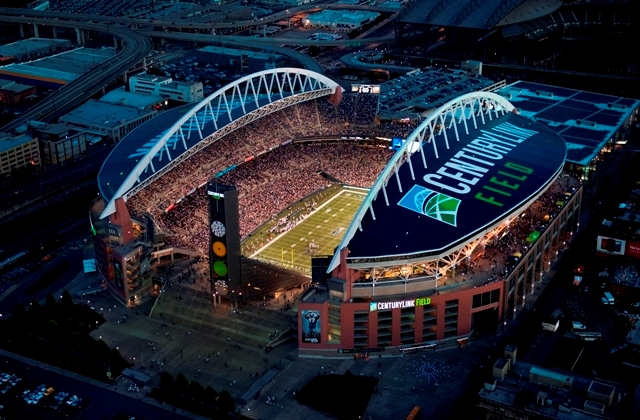
Grilling Safety Tips - For Tailgating and those who grill year round...like us!
With tailgating in our future, here are some safety tips...

After a summer of grilling, I'm sure that a good cleaning is in order. Especially if you plan on using the grill year round. Once the grill is clean and ready for use, keep some safety tips in mind...
Heat doesn't clean the grill by itself
The heat does burn off a lot of food particles, but it's smart to use a good grill brush (Alternatives such as steel wool, pumice as well as rags and towels work) and scrub off the interior surface of the grill (grates, flavor bars, etc.) trying to get all the char off. Even the char can catch fire and lead to more residue as well as black food.
For charcoal grills - Clean out old charcoal, ashes and wood from the last outdoor cooking season, and make sure vents are clean and not plugged up.
For a gas grill - Make sure propane connections are tight and hoses are not cracked to prevent potential gas leaks.
Once the grill is clean, make sure it sits on flat, stable ground.

Thaw meat in the refrigerator, so it stays cold while it’s thawing. Thawing it under cold running water (called "slacking") is acceptable if a person needs to prepare the meat in a rush.
If you have a frozen patty, it is better to thaw it, but will still be ok if you put it on the grill frozen. just don't expect it to be the most tender. Also, its hard for seasoning to stick to frozen meat...you know us, we love our seasoning!
Make sure to avoid cross-contamination by having a plate for raw meat and a plate for cooked meat. It is also important to switch the tongs and/or spatulas mid-cooking to ensure they aren't contaminated.
Also, marinade meat in the refrigerator. We like to do this in a plastic bag (squeezing out as much air as possible). Once the meat is taken out of the marinade, dispose of the leftover marinade or boil it to make sure its safe (if you plan on using it to baste or glaze).

Put small items on skewers so they don’t fall through the grates. We like to soak the wood skewers in water for 15 minutes before to lessen the chance of burning.
Food safety for meat
Use a thermometer to ensure the meat is cooked to the proper safe temperature as well as to make sure you don't overcook it. Take your pride out of it...Even some of the best chefs use a thermometer. The internal temperature should be taken in the middle of the cut. Check each piece on the grill. This is especially important if the cuts are different sizes.
Recommended cooking temperatures:
- Ground Meat (including Beef, pork and lamb) should be cooked to 160 degrees F
-
- Beef steaks and pork chops to 145 degrees F
We here at Willard's Kitchen recommend grinding your own steaks and then you can have your medium-rare burgers. Chuck meat makes a great burger.
Side dish safety
- Vegetables are great on the grill...Try zucchini or potatoes on the grill with our All Purpose Seasoning
- It is good to let the main meat rest, so you just might have enough time to cook the veggies after already finishing the meat
- Make sure to keep cold sides cold (if you are going to the tailgate or picnic) in a cooler or refrigerator
- Make sure to keep a separate cooler or ice chest for the beverages because that will be opened more often (especially at a tailgate!)
- Keep hot foods over 140 degrees F, by transporting in crock pots or insulated thermal carriers, and when you get there make sure to plug in or set up in a chafer
Most Important Note:

